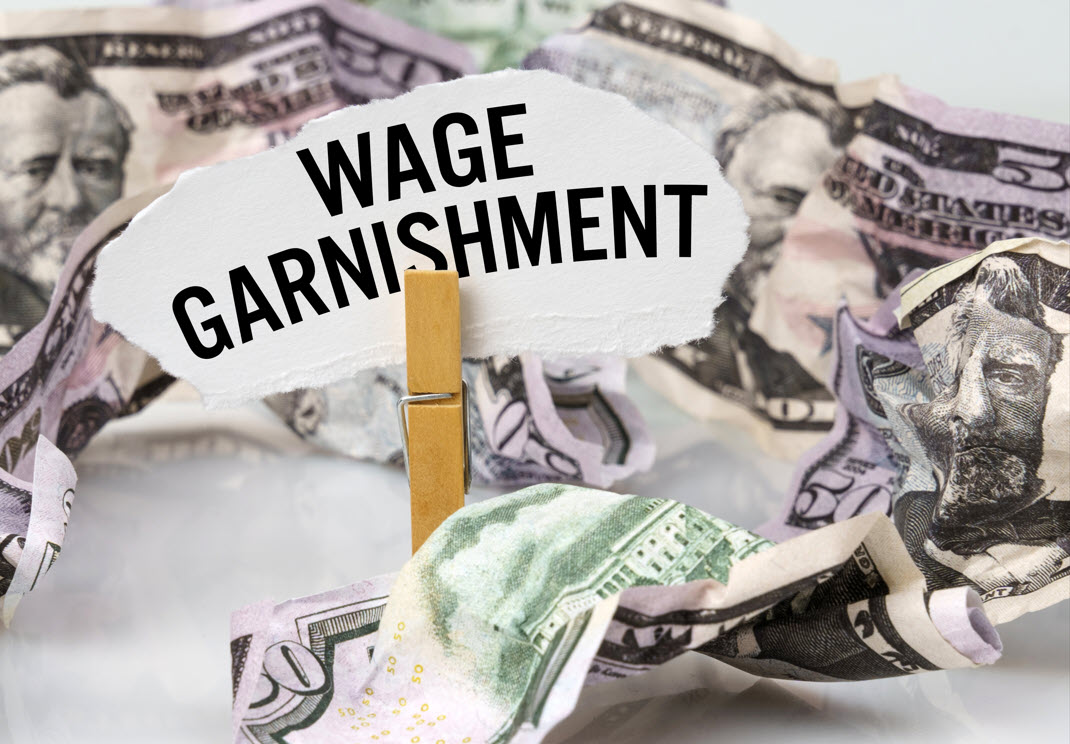As a collection agency operating in Oregon, staying informed about legislative changes is important for navigating the evolving landscape of debt collection practices. Governor Tina Kotek’s recent signing of SB 1595 introduces multiple amendments to wage garnishment regulations, impacting how collection agencies operate within the state. Here’s why paying attention to this bill is essential and how it will affect collection agencies.
Understanding Revised Exemption Values
SB 1595 raises the exemption values for various types of property, including personal items, tools of the trade, and vehicles. For instance, the exemption value for books, pictures, and musical instruments has been raised to $600. Similarly, the value of clothes, jewelry, and other personal items exempt from execution has been increased to $1,800. Additionally, tools, implements, and other necessities for carrying out one’s trade or profession are now exempt up to $5,000. For collection agencies, this means a potential reduction in the assets available for garnishment. Being aware of these updated exemptions is important for accurately assessing the financial situation of debtors and strategizing collection efforts accordingly.
Navigating Changes in Debt Collection Practices
The bill introduces provisions aimed at curbing unfair debt collection practices, such as increasing the percentage of disposable earnings exempt from garnishment to 75%. Collection agencies must adjust their collection strategies to comply with these new regulations while remaining effective in recouping outstanding debts. Adhering to the revised guidelines will help agencies avoid potential legal consequences and maintain their reputation within the industry.
Ensuring Compliance with Minimum Net Disposable Earnings
SB 1595 mandates an increase in the minimum net disposable earnings that debtors can retain after garnishment. Collection agencies should recalibrate their collection procedures to accommodate these changes while ensuring they remain within legal boundaries. Failure to adhere to the updated minimum thresholds may result in legal challenges and reputational damage for agencies.
Proactive Engagement with Legal Counsel and Compliance Teams
Given the complexities of SB 1595, collection agencies may want to proactively engage with legal counsel and compliance teams to ensure full understanding and adherence to the revised regulations. Regular training sessions and updates on legislative changes can equip collectors with the knowledge and tools necessary to navigate the legal landscape effectively.
January 1, 2025
As January 1, 2025 approaches, it’s crucial for both collection agencies and creditors to be aware of and adhere to the provisions outlined in SB 1595. By staying informed, adapting collection strategies, and ensuring compliance with the updated regulations, agencies can navigate these changes successfully while maintaining their effectiveness in debt recovery.

Author: Jennifer Evancic
Jennifer.Evancic@ResourceManagement.com
Jennifer Evancic is a third-party auditor valued by creditors and large organizations for her knowledge in call monitoring within the collections industry. With meticulous attention to detail and a firm grasp of regulatory requirements, she ensures compliance with clients’ criteria and state and federal regulations.
Jennifer audits collections calls, ensuring they meet client-specific criteria and comply with regulations, providing valuable insights and maintaining industry standards.
Beyond her auditing responsibilities, Jennifer takes the lead in organizing and facilitating monthly call calibrations. These sessions serve as a collaborative forum where clients and their vendors come together to discuss call monitoring results and address any findings or areas for improvement. Jennifer’s guidance fosters open communication and ensures alignment between clients and vendors, driving continuous improvement in collections practices.
Jennifer stays up-to-date with compliance and industry best practices by participating regularly in peer meetings, regulatory updates and industry webinars. This keeps her informed about emerging issues and ensures she remains a knowledgeable leader in collections compliance.
Sign Up for the Twice Monthly Newsletter
Just enter your email address at the top orange bar at:
Collection Compliance Experts – “The Power of Expertise: Oversight Perfected”
It’s that easy! Twice a month – we provide blog updates and Resources for the Collection and Industry Professional.
Your email is just for this newsletter. We never sell your information. No fee. Opt-out at any time.



